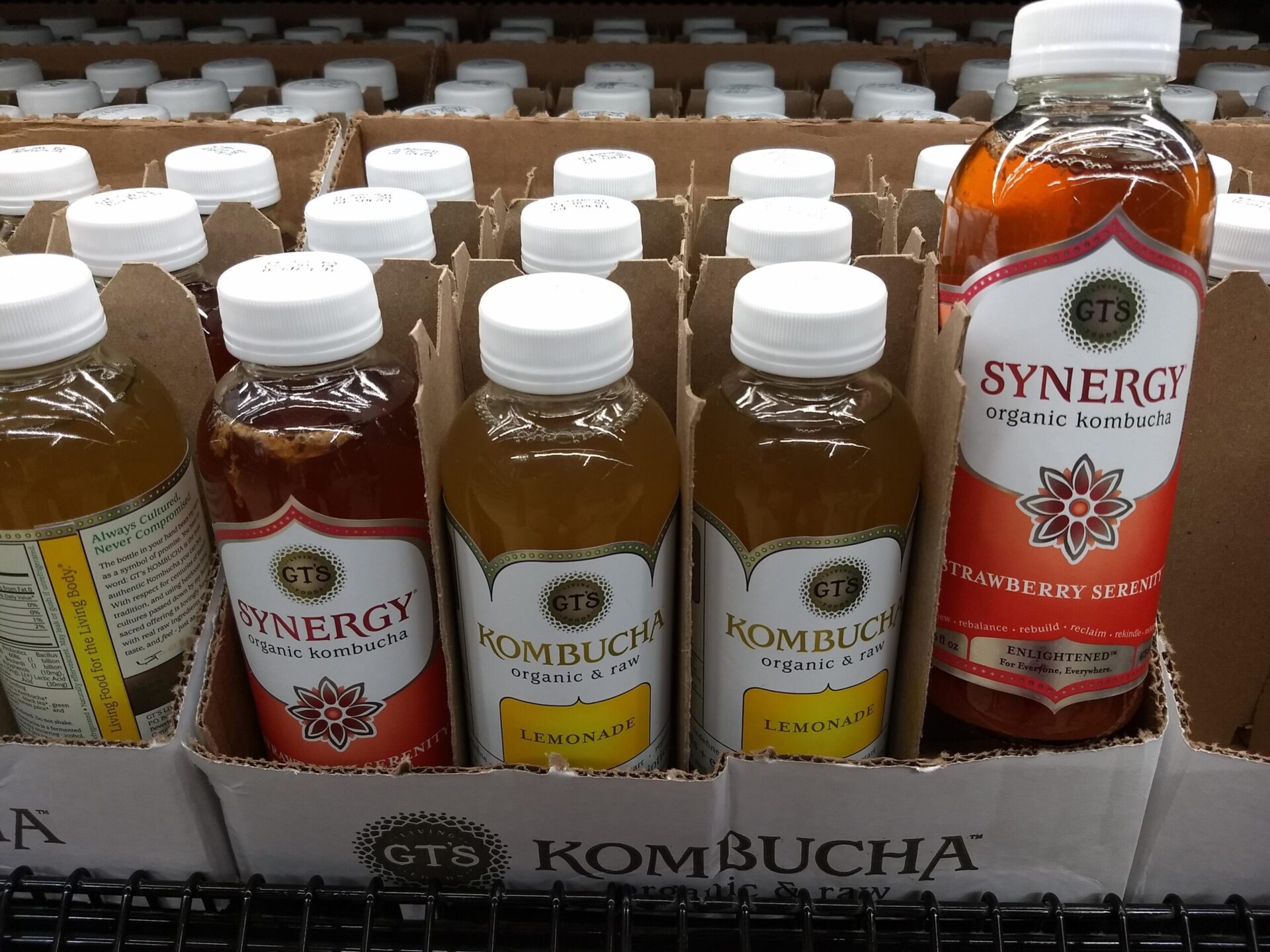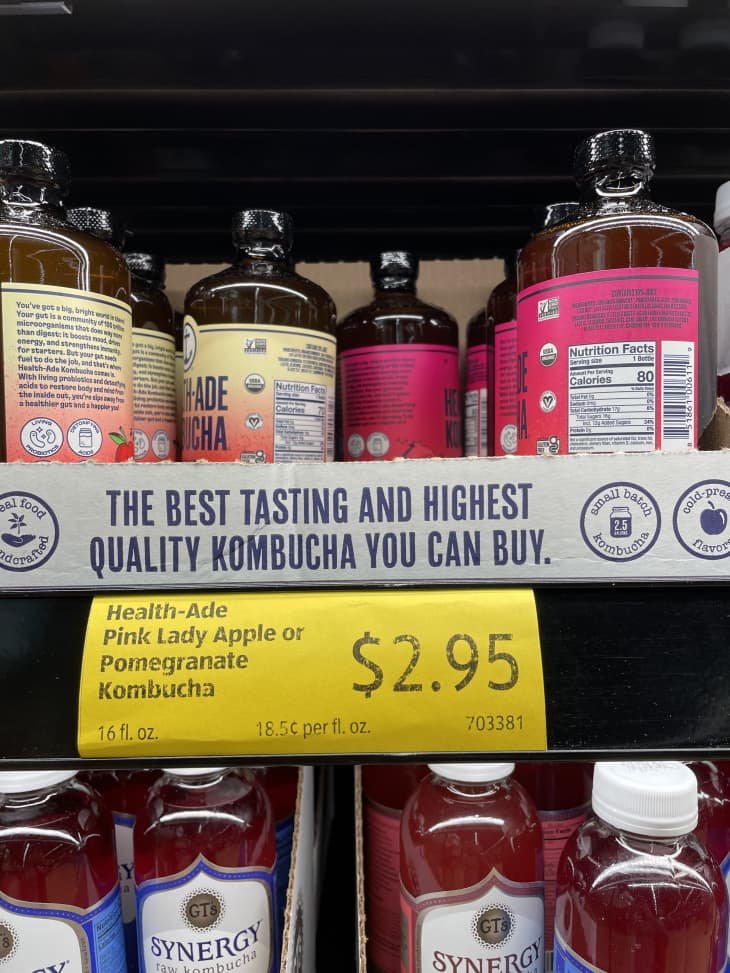Aldi Cheese Recalls - What Shoppers Need To Know
It's pretty common for us to count on our favorite places to shop for good things to eat, especially when we're looking for a good deal on everyday items, you know? Like your, so, when you pop into a place like Aldi, you're probably thinking about those great prices and how easy it is to grab your groceries, or maybe even get them delivered right to your door. We often just trust that the food we pick up, like that tasty cheese, is going to be perfectly fine for our families, and for the most part, it absolutely is.
But sometimes, just every now and then, something comes up with a food item that means it needs to be pulled off the shelves, which is what we call a recall. It happens, really, and it's usually done to keep everyone safe and sound, which is the most important thing, as a matter of fact. These actions are put in place by the people who make and sell our food to make sure that if there's even a tiny chance of something being not quite right, we all get the heads-up.
Knowing a little bit about what these announcements mean, and what you might do if one pops up, can help you feel a bit more prepared. It's about being in the know, sort of, so you can make quick choices for your household if something comes up with one of your usual food items, like perhaps a type of cheese you picked up from the store. We'll chat a bit about what these sorts of situations involve and how you can stay on top of things, just in case.
Table of Contents
- What's the Deal with Food Recalls Anyway?
- Keeping Your Pantry Safe - What to Look For
- How Can I Stay in the Know About Aldi Cheese Recalls?
- What Should You Do if You Have an Item from an Aldi Cheese Recall?
What's the Deal with Food Recalls Anyway?
You might hear about a food recall every so often, and it can sound a bit scary, can't it? But really, it's just a way for companies and government groups to make sure that anything that might not be completely safe gets taken off the shelves. It’s a safety measure, basically. Think of it like this: if a toy had a small part that could come off, the company would tell everyone to bring it back, right? Food recalls are a lot like that, but for things we eat, which is, you know, pretty important. They happen for a bunch of different reasons, sometimes because of something that could make someone sick, or maybe because of a labeling mix-up that could be a problem for people with allergies, for instance. It's about being careful and putting people's health first, which is definitely a good thing. These notices help keep us all a bit safer, actually.
Why Do Aldi Cheese Recalls Happen?
When we talk about something like Aldi cheese recalls, or any food recall for that matter, there are usually a few main reasons why it might happen. Sometimes, it's because a product might have some unwelcome germs, like certain bacteria, that could make people feel unwell. Other times, it could be that a food item has an ingredient in it that isn't listed on the package, like a nut or dairy product, which is a big deal for folks with allergies. You know, that's a serious thing for them. It could also be that a small piece of something that shouldn't be there, like a bit of plastic or metal, somehow got into the food during the making process. These things are often found during regular checks that food companies do, or sometimes, sadly, after someone has already gotten sick. When something like that happens, companies, like Aldi, work with food safety groups to quickly let everyone know and get the product back. It's about being responsible and making sure that the food you're buying is exactly what you expect it to be, and that it's safe to eat, of course.
Keeping Your Pantry Safe - What to Look For
Keeping your kitchen and pantry safe means being a little bit aware of the things you bring home. It’s not about being worried all the time, but more about being smart with your groceries. When you're putting away your shopping, it's a good idea to quickly look at the dates on things, you know, the "best by" or "use by" dates. That's a pretty simple first step. Also, just give the packaging a quick once-over to make sure it looks okay – no tears, no strange bulges, nothing like that. For things like cheese, which we're talking about, it's good to check if the packaging is sealed tightly and if the cheese itself looks and smells like it should. If something seems off, even just a little, it's probably best not to use it. Your senses are actually pretty good guides here, you know. And remember, fresh food has a shorter shelf life, so it's usually best to eat it sooner rather than later, which is sort of common sense, but worth saying.
Spotting Potential Aldi Cheese Recalls
When it comes to spotting something that might be part of an Aldi cheese recalls situation, the first thing is usually to pay attention to news from the store or from official food safety groups. But even before that, if you have a piece of cheese at home and something about it just doesn't seem right, trust your gut. Maybe the color is a bit strange, or it has an unusual smell, or the texture feels off. Those are all good reasons to pause. Also, if you ever hear about a general food safety concern, it's a good habit to check the brand and type of cheese you have against any announced details. Sometimes, these recalls are for very specific batches or production dates, so checking the small print on the packaging, like the lot number or the "best by" date, can be really helpful. It’s about being observant, basically, and knowing that if something feels wrong, it probably is. You can always check the store's website or official recall sites too, to be absolutely sure, as a matter of fact.
How Can I Stay in the Know About Aldi Cheese Recalls?
Keeping up with information about things like Aldi cheese recalls can feel like a bit of a challenge, but there are actually some pretty straightforward ways to do it. One of the easiest is to check the store's official website regularly. They usually have a special section where they list any current recalls, and they try to keep it very up-to-date. You know, they want you to know. Another good source is your local food safety agency or government health department; they often have websites that list all kinds of food recalls, not just from one store. Signing up for email alerts from these places can be a really smart move, too. That way, if something important comes up, you get a message right in your inbox, which is pretty convenient. Social media can sometimes spread the word quickly, but it’s always best to double-check information on an official source, just to be sure it's accurate, you know, because not everything you see there is totally reliable.
Getting the Word on Aldi Cheese Recalls
To really get the word on Aldi cheese recalls, or any food item that might be pulled back, a good strategy is to combine a few different methods. For instance, when you're doing your weekly grocery browsing, maybe looking at the weekly ads to see current and upcoming sales, you could also quickly glance at any in-store notices. Stores often put up signs near the customer service desk or where the affected product was sold, which is a good way to catch something while you're already there. Also, if you use online grocery shopping for pickup and delivery, the store might send you an email directly if an item you bought is affected. That's actually pretty helpful, isn't it? It means they're doing their best to reach out to customers who might have the item. It’s all about making sure that the news reaches you, whether you're in the store, at home, or just generally keeping an eye on public announcements. Being proactive about checking these sources, even just a little bit, can make a real difference in keeping your family safe, you know.
What Should You Do if You Have an Item from an Aldi Cheese Recall?
So, let's say you've heard about an Aldi cheese recalls notice, and you check your fridge, and oh, dear, you actually have the product they're talking about. What's the first thing to do? Well, the most important step is to stop using or eating that item right away. Seriously, just put it aside. Don't try to cook it more, or freeze it, or anything like that. The next thing is usually to follow the instructions in the recall notice. Most of the time, they'll tell you to either throw the product away in a secure way so no one else can get to it, or to bring it back to the store where you bought it for a full refund. You usually don't even need the receipt to get your money back for a recalled item, which is pretty fair, isn't it? It's about getting that potentially unsafe item out of your home and making sure you don't lose out financially because of it. It's a simple process, really, designed to make things as easy as possible for you.
Handling an Aldi Cheese Recall Item
When you're handling an item that's part of an Aldi cheese recalls situation, there are a few things to keep in mind to make sure everything goes smoothly. If you're going to throw it out, make sure it's in a sealed bag or container so that pets or other people can't accidentally get to it. And then, wash your hands really well with soap and water, just to be on the safe side, you know. If you're planning to return it to the store, it's a good idea to put it in a separate bag before you leave your house. That way, it doesn't touch other groceries in your car or basket. When you get to the store, just head to the customer service desk. The people there are usually very familiar with how to handle these situations, and they'll help you get your refund quickly. They understand that it's an inconvenience, and they want to make it right. So, don't feel awkward about bringing it back; it's what you're supposed to do, and it helps keep everyone safe, which is the main point, actually.
- Jamie Lynn Sigler
- Wonder Woman 2017
- Teddi Mellencamp
- Claire Danes Movies And Tv Shows
- Skippidi Toilet

The Aldi Kombucha Roundup | Aldi Reviewer

5 Things Our Resident Aldi Expert Only Ever Buys at Aldi | The Kitchn

The Aldi Kombucha Roundup | Aldi Reviewer